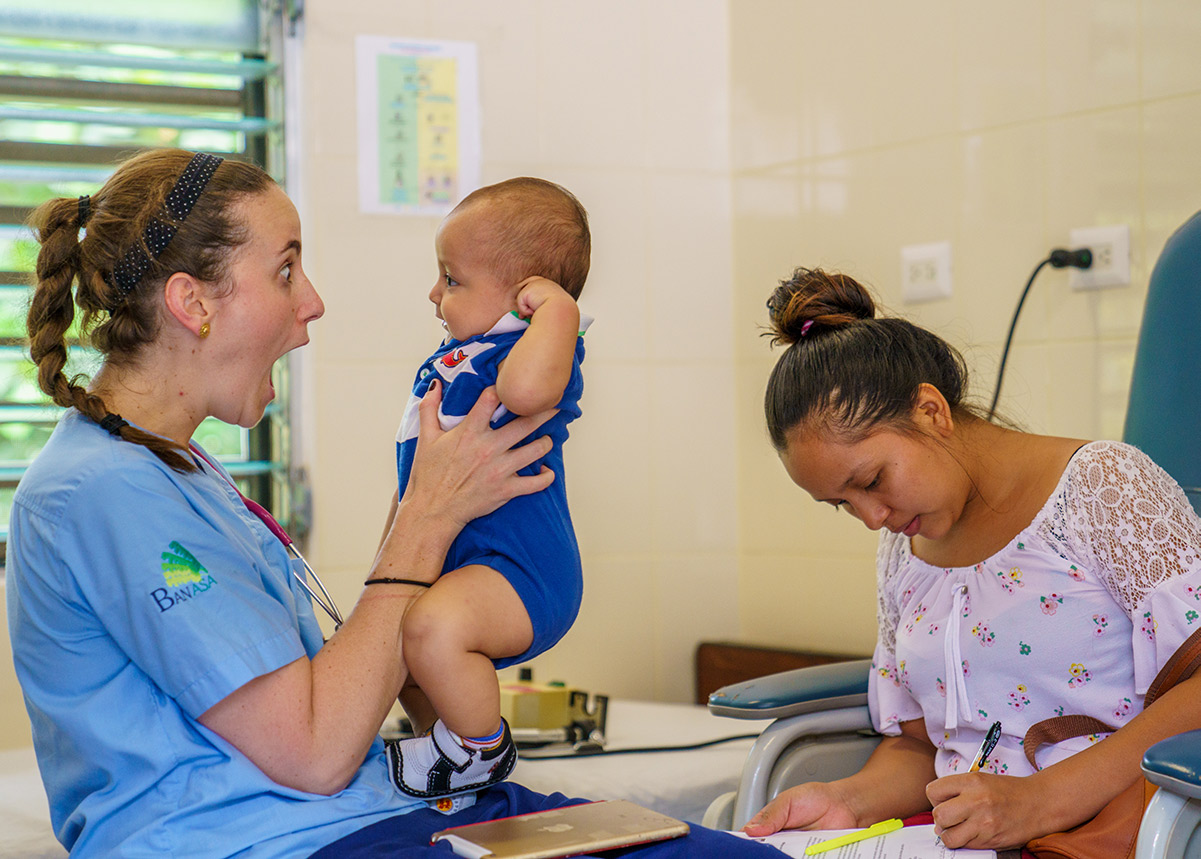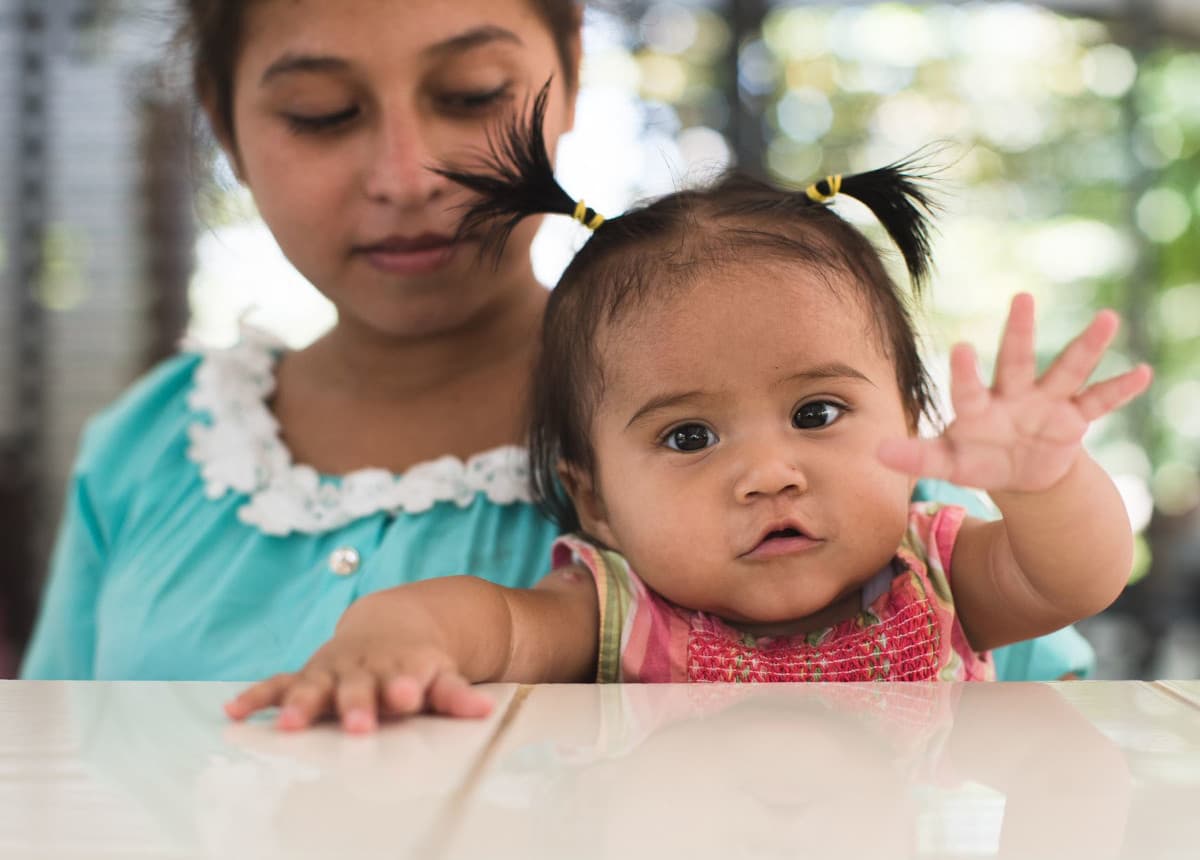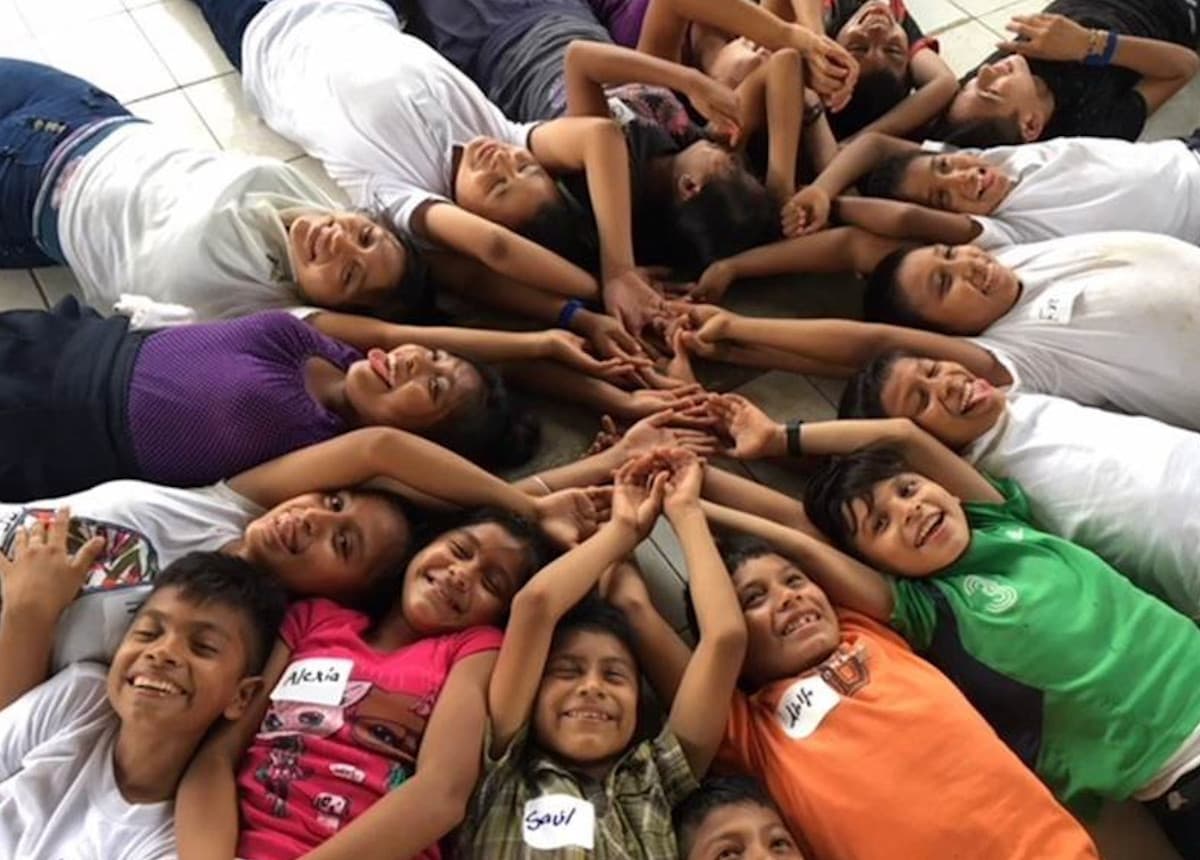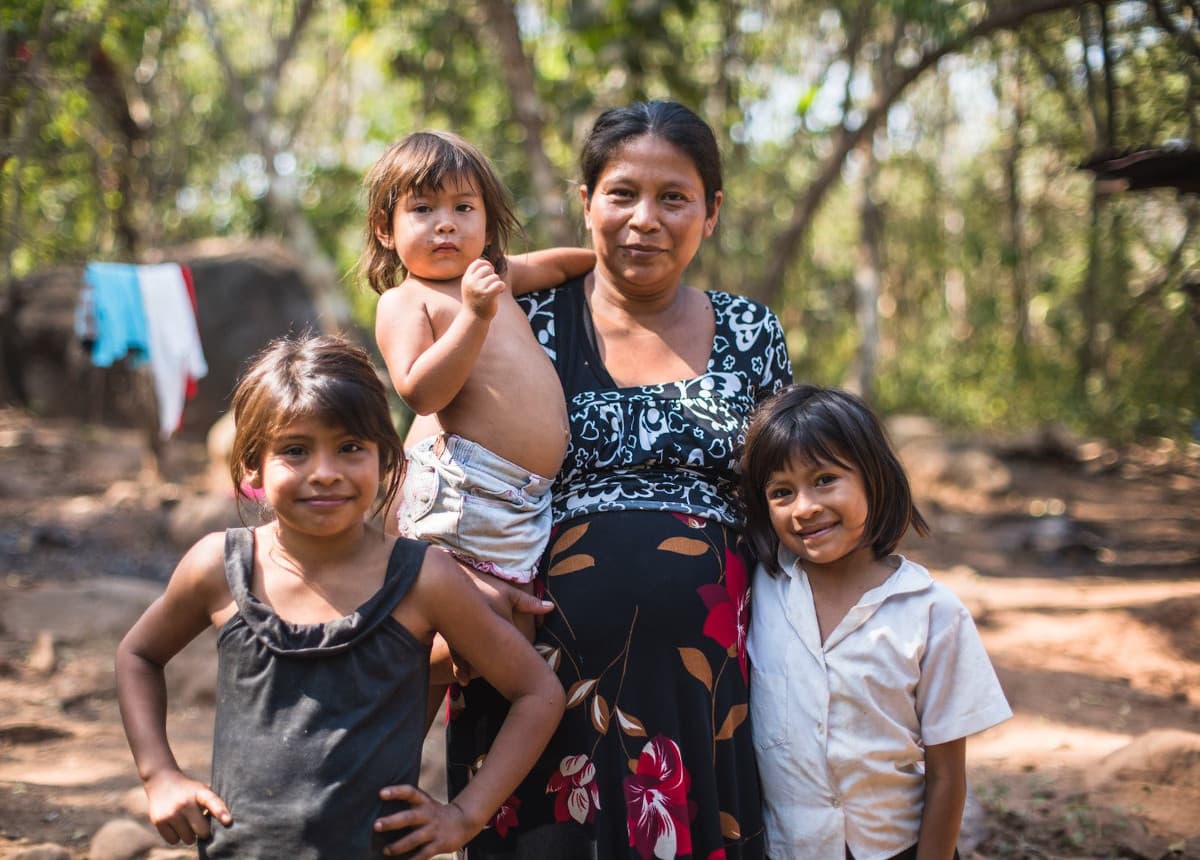Training opportunity
Are you a medical resident or fellow who is interested in doing a rotation in Guatemala?
Learn more the global health elective >
We offer opportunities for students, residents, and fellows to get involved in our service programs. Whether it's through a medical rotation as part of our Global Health Elective or a research project, you can help make a difference.

CU faculty and students, together with local community leaders and Agro-American employees, carried out a needs assessment in 2011 that included identifying the community’s assets and strengths as well as needs. Based on the assessment findings, maternal and child community nursing programs were designed and implemented. In 2014, following a design process involving the CU School of Architecture, a family clinic with a birth center, a dental facility, pharmacy, and clinical laboratory opened
The CHD established an extensive health service delivery infrastructure that provides a platform for a wide range of innovative interventions to improve the population health of the region. The infrastructure also facilitates obtaining grants for many research projects that improve the health of the communities and help fund the infrastructure of medical services.

The Madres Sanas (Healthy Mothers) program seeks to improve reproductive and maternal child health care in the region. The lack of access to quality prenatal care, resulting in high rates of home deliveries and maternal complications, led our team to train local nurses to provide prenatal and postnatal care. These community nurses usually make prenatal and postnatal home visits, perform basic screening tests, take blood pressure measurements, conduct urine analyses and evaluate blood glucose levels to identify diabetes and hematocrits to identify anemia. They provide prenatal vitamins, protein supplements to malnourished pregnant women, and help them make a delivery plan. The nurses help the women make a delivery plan, and identify maternal complications.
We implemented an electronic prenatal registry to track and monitor health information and outcomes. The system promotes appropriate follow-up by our nurses for abnormal findings and allows for the continuous evaluation and quality improvement. We implemented the WHO Safe Childbirth Checklist and strengthened the skills of our local nursing workforce with obstetric emergency education using Laerdal Mama and Neo-Natalie simulators. Recognizing a high birth rate with short birth spacing intervals in the communities, we implemented a male worker reproductive education project covering the topics of gender equality, father’s role in a family, and birth spacing methods.

In 2017, the CHD implemented a youth leadership program to provide opportunities to a group of teenagers to learn community organizing and advocacy tools and help their community promote human development for the next generation. The students selected
for this program receive a scholarship to cover their school fees and agree to spend four half days a week in program activities. This intervention aims to create a spirit of solidarity within the community and break the cycle of illiteracy,
poverty and isolation by promoting educational opportunities for youth leaders.
Participating high-school students from the area receive workshops once a week in order to enhance their leadership abilities—including so-called 21st century skills such as collaboration, problem-solving, digital literacy, and creativity. In addition, these youth become involved with the student surveys and additional efforts to evaluate the major challenges that their neighbors and community face. The program prepares teenagers to promote health and environmental change. They participate in activities that stress the importance of talking and reading to young children to improve early child development and clean water to prevent diseases. In addition, the students participate in the organization of an annual adolescent health fair for their community.

This program addresses the problem of childhood malnutrition in the Trifinio. Malnutrition is a major public health problem in LMICs and severe acute malnutrition is estimated to cause up to 1 million child deaths worldwide every year. Chronic malnutrition contributes not only to poor health but also to developmental delay which limits a child’s potential early in life. The CHD data suggests that up to 50% of children ages 0-5 in the Trifinio suffer from chronic malnutrition or stunting and up to 16% suffer from moderate or severe acute malnutrition. The CHD is committed to improving the health and developmental outcomes of children in the community at large by this malnutrition program of identification, supplemental feeding, and close monitoring and follow up.

At the request of community leaders, the CHD implemented a school-based reproductive health education program in local schools based on a program entitled “Big Decisions” used in the San Antonio, Texas school system. This curriculum is considered an abstinence-plus program as it suggests that adolescents delay having sex for their own long-term benefit, but also provides information about contraceptives and the proper use of condoms in order to prevent unwanted pregnancies and sexually transmitted diseases (STD). The material is presented in a way where boys and girls are primed to envision their goals and dreams and how these could be affected by an unwanted pregnancy or an STD.
We obtained a grant from the Summit Foundation in 2019 to expand the program to an additional seven schools and with two groups of adolescents who dropped out of school. The impact of the program is assessed every two years with a student survey and tracking of the number of adolescent pregnancies in our prenatal registry.